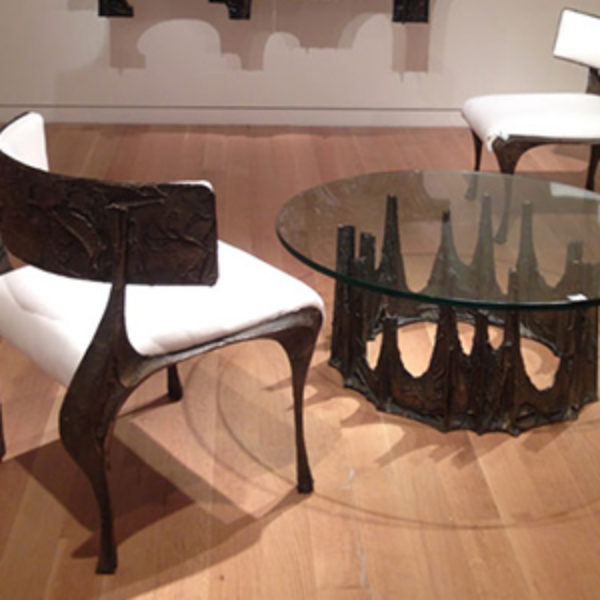Here’s What You Should Know
Being named the executor of an estate sounds like an honor — a sign of trust from a loved one. But for many people, especially during emotional times, it becomes a complicated, time-consuming responsibility. If you’ve just been named executor, or expect to be, here’s a realistic look at what you’re in for — the good, the bad, and the unexpected.
What Is an Executor of an Estate?

An executor is the person legally appointed to carry out the wishes of the deceased, as outlined in their will. This includes gathering assets, paying debts, and distributing property to heirs.
Sounds simple, right? Not quite.
The Blessing: Why It Can Be a Privilege
- A sign of trust: You were chosen because someone believed in your judgment.
- Control over the process: You get to guide the estate and ensure things are done right.
- Opportunity to honor their legacy: Especially when valuables like antiques or heirlooms are involved.
The Burden: Where Things Get Difficult
- Time-consuming: Sorting through personal property, dealing with lawyers, and filing paperwork can take months — or longer.
- Family drama: Emotions run high, and heirs often don’t agree on who gets what. Siblings may not trust your decisions, even if you’re being fair.
- Work/life conflict: Executors often need to take time off from their jobs or travel frequently — unpaid.
- Complex assets: Estates that include antiques, collectibles, or real estate can be hard to evaluate and liquidate fairly.
Dealing With Personal Property
This is where many executors feel overwhelmed. Valuables like fine art, sterling silver, and vintage jewelry require expert evaluation. On the flip side, things like brown furniture and china sets have little resale value, even if they were once expensive.
At Syl-Lee Antiques, we help executors evaluate, sell, and responsibly handle these items — especially when families are unsure what has value and what doesn’t.
How to Make It Easier
- Get professional help early — from estate attorneys, accountants, and antique experts.
- Don’t rush: You have time. Emotions fade and better decisions are made with clarity.
- Communicate clearly with heirs. Put everything in writing when possible.
Watch the Full Video
Want a deeper dive? Watch my full 19-minute breakdown of what it really means to be named executor — from someone who’s helped hundreds of families navigate this process.
Need Help with an Estate?
At Syl-Lee Antiques, we’ve worked with executors, attorneys, and heirs all across NYC to evaluate and sell estates with valuable art, antiques, and collectibles.
Contact us today to schedule an in-home visit or virtual consultation.




